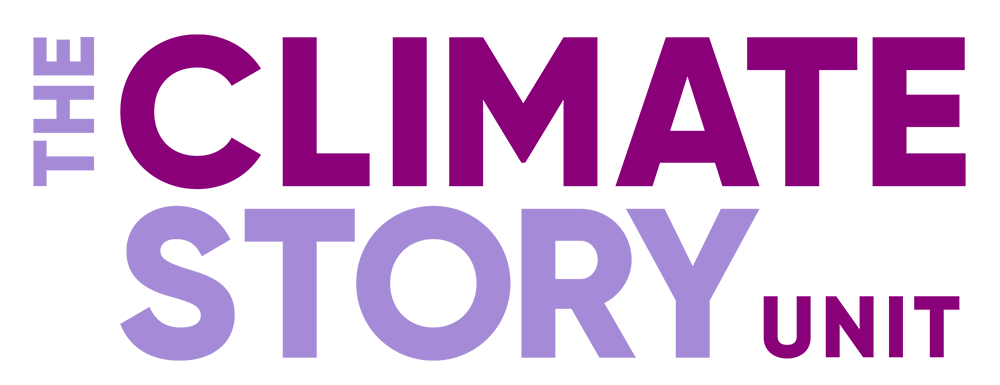Casablanca Calling
Feature length film Completed 2014

Producer
Hilary Durman
Director
Rosa Rogers
Doc Society helped with
Impact
Went to Good Pitch
Follow the film
Casablanca Calling is the story of a quiet social revolution in Morocco. In a country where 60% of women have never been to school, a new generation of women have started work as official Muslim leaders or Morchidat. The Morchidat work in the poorest communities to separate the true teachings of Islam from prejudice and misunderstanding; support girls’ education; campaign against early marriage; and encourage young people to build a better Morocco, rather than dreaming of life in the West. Casablanca Calling is an intimate portrait of three Morchidat, a society in transition, and a mission to educate a nation.
"In Morocco, a quiet social revolution is underway. In a country where at least 60% of women have never been to school, women are working as official Muslim leaders for the first time. This new generation of spiritual guides – called the Morchidat – are setting out to change their country, and they are starting at street level. In the neighbourhood mosques, the Morchidat work with women to interpret the Koran, and they offer advice on everything from relationships with their husbands, to bringing up children, work, money, and neighbourhood disputes. They mentor teenagers in schools, encouraging their aspirations for work and education, and offering support in facing up to family pressures and demands.
Early marriage is commonplace in Morocco and the Morchidat work hard to keep girls in school so they can finish their education. They go into orphanages to offer comfort to children who have no parents, or whose parents can no longer afford to keep them. And they visit prisons to counsel the most vulnerable prisoners, and mediate between them and their estranged families. Right now there are around 500 Morchidat, and 50 new recruits join their ranks each year. It is a powerful movement for reform in a country where there is widespread poverty and illiteracy, education is not compulsory, and where many young people look to the West for a better future.
Casablanca Calling is a film with three exceptional women at its heart. All are passionately committed to their role as Morchidat, and their vision of a stronger, fairer society in Morocco.. Bouchra is a powerhouse of energy working in Larache in the North where she’s determined to change the culture of misogyny and champion girls’ education. Karima lives in the capital, Rabat, and loves working with young people to raise their aspirations and build a vision of a better Morocco, rather than dreaming of life in the West. Hannane is warm, wise and compassionate, and works tirelessly to separate the true teachings of Islam from superstition, misinterpretation and unquestioning traditions. Filmed with unique access to a world we rarely see, Casablanca Calling follows Karima, Bouchra and Hannane and the stories of people they support.
There is Fatima Zahra, 15, promised in marriage to a man she hardly knows and forced to give up her education; Rashida, working from dawn to dusk in the fields and responsible for a demanding, extended family when she gets home, while the men stand by and refuse work which they consider demeaning; Fatna, who has arranged the marriage of her granddaughter at 14 and can’t understand why she is so desperate and unhappy; Merieme, whose father spies on her every move and allows her no freedom; and many others who need the Morchidat to help them understand, interpret and change their lives for the better. These personal stories of conflict and change are linked through our central characters to paint a surprising portrait of a society in transition - and a mission to educate a nation. "
Outreach supported
A programme of events including international partnership screenings, a travelling cinema in rural Morocco, and the creation of schools resources to open up debate about faith and the empowerment of women, and to strengthen confidence, aspiration and mutual understanding among people from different faiths and cultures to build a more peaceful future.
Crew








